Within the framework of the Comprehensive Strategic Partnership, Vietnam and Japan will continue to strengthen cooperation to contribute to maintaining peace and stability in the region. Japan will accompany Vietnam to continue writing the story of peace.
Those were the shares of Japanese Ambassador to Vietnam Ito Naoki on the occasion of the 52nd anniversary of the establishment of Vietnam-Japan diplomatic relations (September 21, 1973 - September 21, 2025).
Strengthening 4 key cooperation groups
On September 21, 1973, Vietnam and Japan officially established diplomatic relations, opening a new chapter for the friendship and cooperation between the two nations. Over the past half century, this relationship has been continuously strengthened and developed.
In November 2023, on the occasion of the 50th anniversary, bilateral relations were upgraded to "Comprehensive Strategic Partnership for Peace and Prosperity in Asia and the World," marking a historic milestone, reflecting political trust and extensive cooperation in many fields.

During Japanese Prime Minister Ishiba Shigeru's visit to Vietnam in April 2025, the Prime Minister also affirmed that Vietnam is an important and irreplaceable partner for Japan, as well as supported cooperation with Vietnam in the new era.
Ambassador Ito Naoki affirmed that the bilateral relationship is at its most cooperative stage ever. Vietnam and Japan have made great progress in all areas such as science and technology, innovation, digital transformation, green transformation, strategic infrastructure construction, energy, environment, and investment environment improvement.
The two sides have identified four key areas of cooperation, which promise to bring about strong breakthroughs in the coming time, including science and technology, innovation, digital transformation, green transformation, semiconductors and artificial intelligence (AI); strategic infrastructure; expanding economic partnership, improving the investment environment; and cooperation in the field of security and defense.
Accordingly, science and technology, innovation, digital transformation, green transformation, semiconductors and AI were identified by the two countries' senior leaders as new pillars of cooperation. In the semiconductor field, joint training and research programs have begun to yield results.
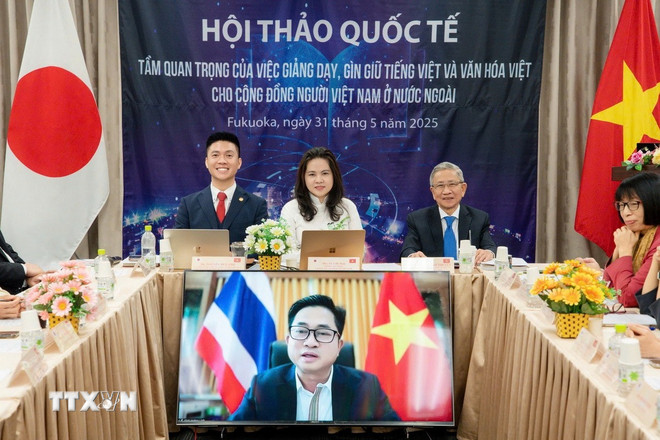
According to the Japanese Ambassador, from October this year, an international joint research program between 5 Vietnamese universities and 5 Japanese universities will be launched, with the reception of more than 60 Vietnamese PhD students to Japan. Japan plans to receive 250 PhD students, equivalent to half of the target of 500 PhDs that Vietnam has set by 2030.
In the field of AI, the Japan International Cooperation Agency (JICA) is collaborating with the Matsuo Research Laboratory of the University of Tokyo to strengthen AI human resource training and research at the Hanoi University of Science and Technology and the National Innovation Center (NIC).
In the field of green transition and energy, the two countries are working together to promote investment projects worth about 20 billion USD, including renewable energy such as offshore wind power and LNG thermal power. In addition, Japan is also considering providing a program loan of more than 300 million USD this year to support Vietnam in responding to climate change and promoting green transition.
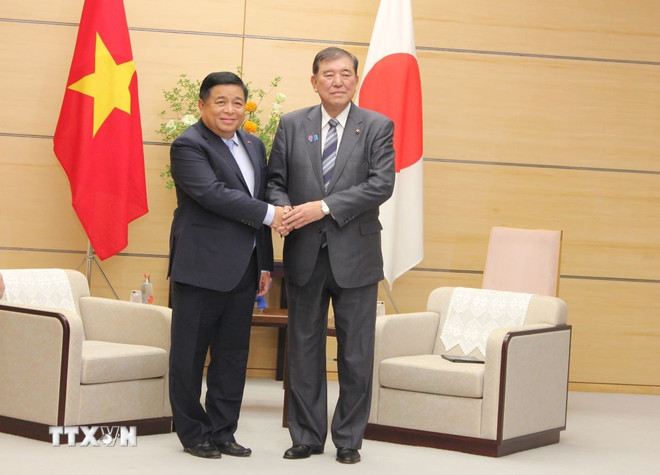
According to Mr. Naoki, Japan also continues to promote its strengths to cooperate with Vietnam in the field of infrastructure, especially projects that contribute to improving the environment and enhancing amenities for Hanoi residents.
Recently, the Yen Xa Wastewater Treatment Plant, using a 200 million USD ODA loan from Japan, was inaugurated. In addition, the "North Hanoi Smart City" project was also started, aiming to build an urban area that harmoniously combines Japanese culture and technology. Hanoi Metro Line 2 is expected to start construction in October this year, and the Japanese side wishes to continue cooperation to extend this line to Noi Bai Airport.
The Ambassador also emphasized that bilateral economic relations are developing strongly. The total investment capital of Japanese enterprises in Vietnam has reached 80 billion USD, with more than 2,000 enterprises operating and about 60% of them planning to expand their business in the next 1-2 years. Annual bilateral trade turnover has reached 50 billion USD.
Regarding security and defense, it is expected that this year, the Japanese Foreign Minister will visit Hanoi and co-chair the Japan-Vietnam Cooperation Committee. The first meeting of the "2+2" mechanism at the level of Deputy Foreign and Defense Ministers of the two countries will also be held, aiming to promote defense industry cooperation and equipment transfer.
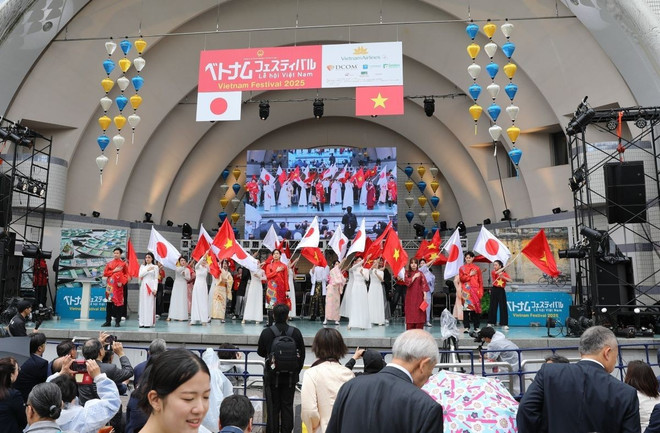
Regarding cultural and people-to-people exchanges - a solid foundation for the friendly relationship between the two countries, Ambassador Ito Naoki said that cultural and sports events are held regularly, notably the musical "Princess Anio" which will be performed in Yokohama next year, recreating the love story between a Japanese businessman and a Vietnamese princess.
Football cooperation between the Japan Football Association (JFA) and the Vietnam Football Federation (VFF) is underway, including the dispatch of coaches to support. In June 2026, Japan's top club Kawasaki Frontale will tour Hanoi and Ho Chi Minh City.
Ready to accompany Vietnam
Sharing with the press, Ambassador Ito Naoki highly appreciated Vietnam's reforms, which are opening up favorable opportunities for developing relations and promoting deeper cooperation between businesses of the two countries.
Japan expects reforms such as simplifying administrative procedures, speeding up licensing, decentralizing authority and effectively using ODA capital will contribute to improving the investment environment.
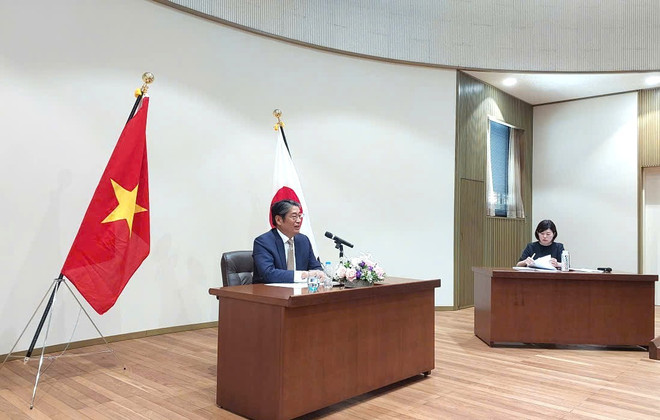
“Currently, Vietnam is focusing on developing infrastructure, energy and digital transformation – three pillars of the ‘new era,’ towards the goal of becoming a developed, high-income country by the 100th anniversary of the country’s founding. As Ambassador, I will continue to do my best to promote the relationship between the two countries to new heights, contributing to realizing Vietnam’s 2045 aspiration,” the Ambassador expressed.
According to Ambassador Ito Naoki, Vietnam needs to focus on developing high-quality human resources, especially in key areas such as semiconductors and AI. Vietnam also needs to continue improving its investment environment and attracting international resources to link with domestic resources.
With Resolution 68 on Vietnam's private economic development, Japan can support with its experience in linking domestic and foreign enterprises, promoting productivity and creating momentum for Vietnamese enterprises.
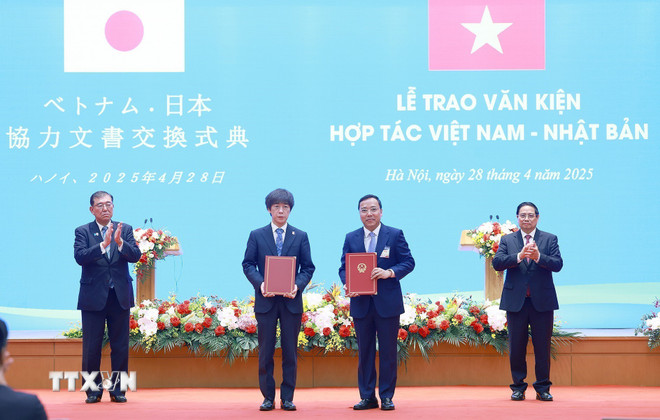
The Ambassador added that Japan also operates a two-tier local government and is willing to share its experience with Vietnam.
Sharing his personal feelings when directly attending two major celebrations in Vietnam (50 years of Southern Liberation and National Reunification Day and 80 years of the successful August Revolution and National Day September 2), Ambassador Ito Naoki was particularly impressed with the enthusiastic participation of Vietnamese youth.
“Your eyes and enthusiasm clearly showed your pride in the achievements your country has made, as well as your confidence and optimism about its future development. Japan hopes to continue to accompany Vietnam to write a story of peace with the core values of Independence-Freedom-Happiness,” Ambassador Ito Naoki affirmed./.
Source: https://www.vietnamplus.vn/dai-su-nhat-ban-viet-nam-la-doi-tac-quan-trong-khong-the-thay-the-post1063108.vnp





![[Photo] Cutting hills to make way for people to travel on route 14E that suffered landslides](https://vphoto.vietnam.vn/thumb/1200x675/vietnam/resource/IMAGE/2025/11/08/1762599969318_ndo_br_thiet-ke-chua-co-ten-2025-11-08t154639923-png.webp)


![[Photo] Prime Minister Pham Minh Chinh receives the Chairman of the Japan-Vietnam Friendship Association in the Kansai region](https://vphoto.vietnam.vn/thumb/402x226/vietnam/resource/IMAGE/2025/11/03/1762176259003_ndo_br_dsc-9224-jpg.webp)

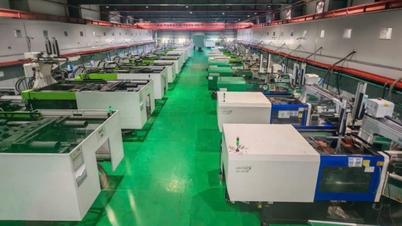

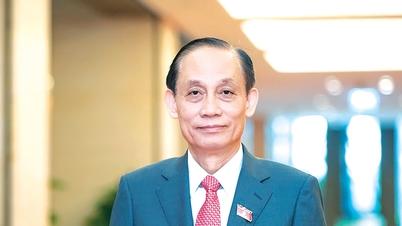



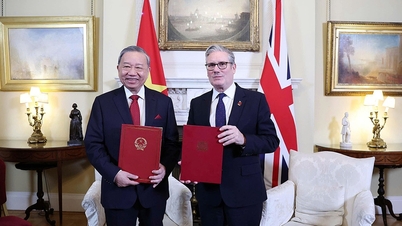

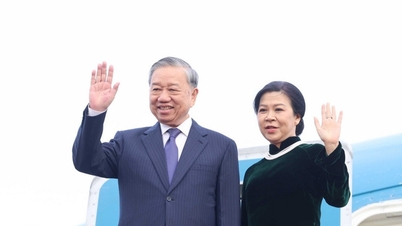



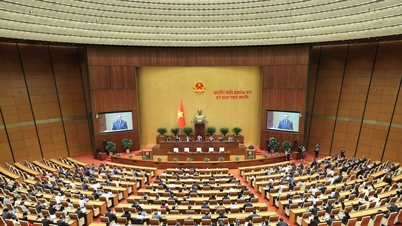


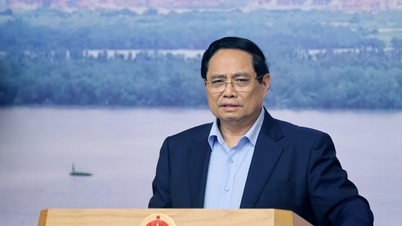
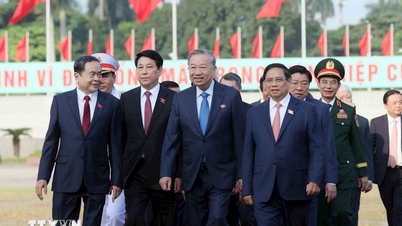





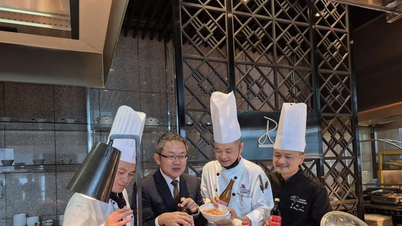

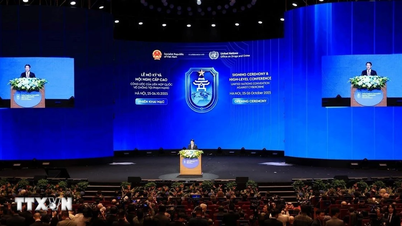


![[Photo] "Ship graveyard" on Xuan Dai Bay](https://vphoto.vietnam.vn/thumb/1200x675/vietnam/resource/IMAGE/2025/11/08/1762577162805_ndo_br_tb5-jpg.webp)








![[Video] Hue Monuments reopen to welcome visitors](https://vphoto.vietnam.vn/thumb/402x226/vietnam/resource/IMAGE/2025/11/05/1762301089171_dung01-05-43-09still013-jpg.webp)



























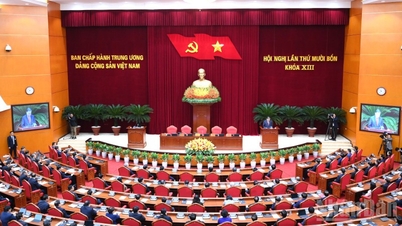

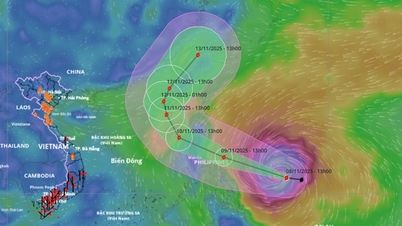















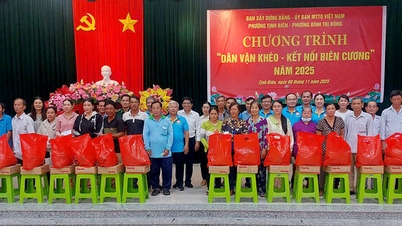



















Comment (0)